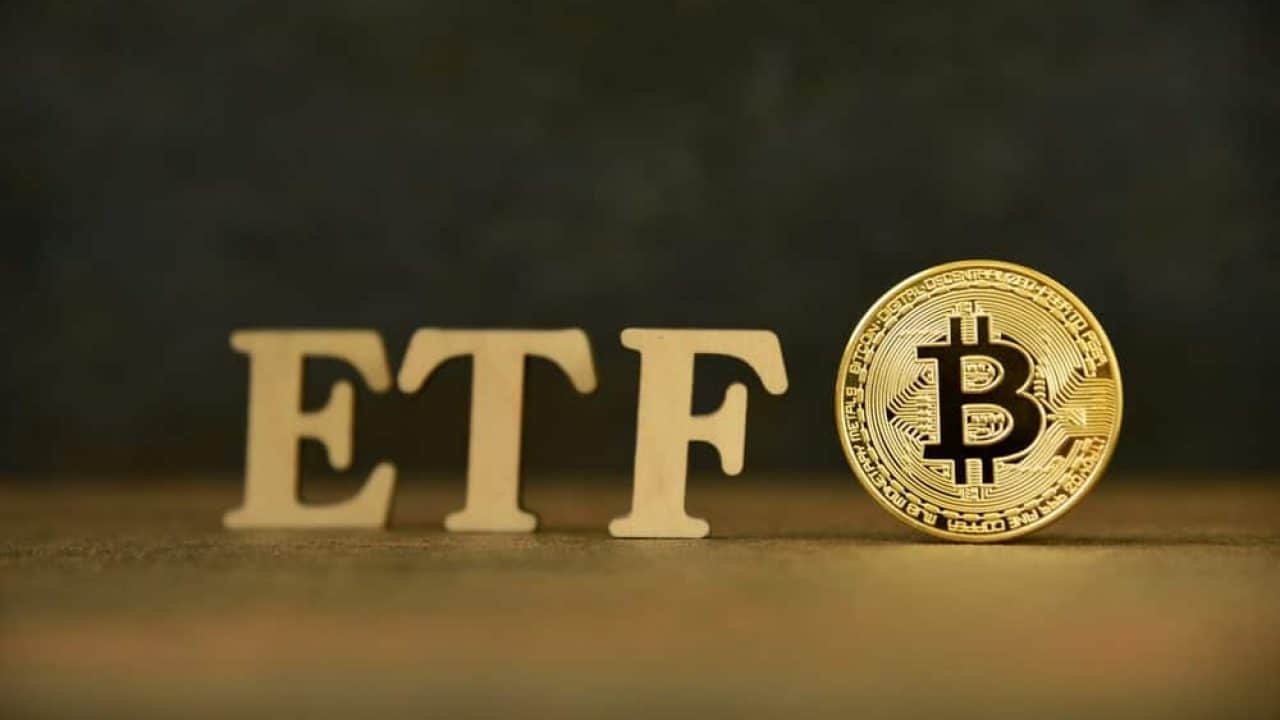The world of finance has been revolutionized by the advent of cryptocurrencies, with Bitcoin and Ethereum leading the charge as the most prominent digital assets. Their integration into mainstream investment strategies has been further solidified with the introduction of Exchange-Traded Funds (ETFs). This article delves into the nuances of Bitcoin and Ethereum ETFs, their impact on the market, and what potential investors should know.

Understanding Bitcoin and Ethereum ETFs
An ETF is an investment fund traded on stock exchanges, much like stocks. A Bitcoin ETF provides exposure to the performance of Bitcoin without the need for investors to directly purchase and store the cryptocurrency. Similarly, Ethereum ETFs track the price of Ether, the native token of the Ethereum blockchain.
The significance of Bitcoin and Ethereum ETFs lies in their ability to bring cryptocurrencies into the traditional investment portfolio, offering liquidity, ease of trading, and regulatory oversight. For instance, the recent approval of spot Bitcoin ETFs in the United States marked a milestone, allowing investors to trade shares in funds that directly hold Bitcoin.
The Landscape of Cryptocurrency ETFs
As of March 2024, the landscape of cryptocurrency ETFs has expanded, with several options available to investors. These range from pure-play ETFs that hold the actual cryptocurrencies to strategy ETFs that might use futures or other derivatives to track the performance of Bitcoin and Ethereum.
Some of the notable Bitcoin ETFs include:
Grayscale Bitcoin Trust (GBTC)
iShares Bitcoin Trust ETF (IBIT)
Invesco Galaxy Bitcoin ETF (BTCO)
For Ethereum, investors can consider:
ProShares Ether Strategy ETF (EETH)
VanEck Ethereum Strategy ETF (EFUT)
Bitwise Bitcoin and Ether Equal Weight Strategy ETF (BTOP)
These ETFs vary in their fee structures, investment strategies, and exposure levels, catering to different investor preferences.
The Impact of ETFs on Cryptocurrency Adoption
The introduction of Bitcoin and Ethereum ETFs has been a driving force in the increased adoption of cryptocurrencies. By providing a regulated and familiar investment vehicle, ETFs have lowered the barrier to entry for both retail and institutional investors.
Moreover, the approval of these ETFs by regulatory bodies like the SEC has lent credibility to the asset class, potentially leading to more stability and growth in the cryptocurrency market.
Considerations for Potential Investors
Investing in Bitcoin and Ethereum ETFs requires careful consideration. Potential investors should be aware of the volatility inherent in cryptocurrency markets, the regulatory landscape, and the specific details of each ETF, such as management fees and the underlying investment strategy.
It’s also crucial to stay informed about market trends and the evolving regulatory environment, as these can significantly impact the performance and legality of cryptocurrency ETFs.
Conclusion
Bitcoin and Ethereum ETFs represent a significant development in the integration of cryptocurrencies into the broader financial ecosystem. They offer a convenient and regulated way for investors to gain exposure to digital assets, potentially paving the way for greater adoption and innovation in the field of investment. As the market matures, these ETFs may become a staple in diversified investment portfolios, reflecting the growing acceptance of cryptocurrencies as a legitimate asset class.
Personal Note From MEXC Team
Check out our MEXC trading page and find out what we have to offer! There are also a ton of interesting articles to get you up to speed with the crypto world. Lastly, join our MEXC Creators project and share your opinion about everything crypto! Happy trading! Learn about interoperability now!
Join MEXC and Get up to $10,000 Bonus!
Sign Up


